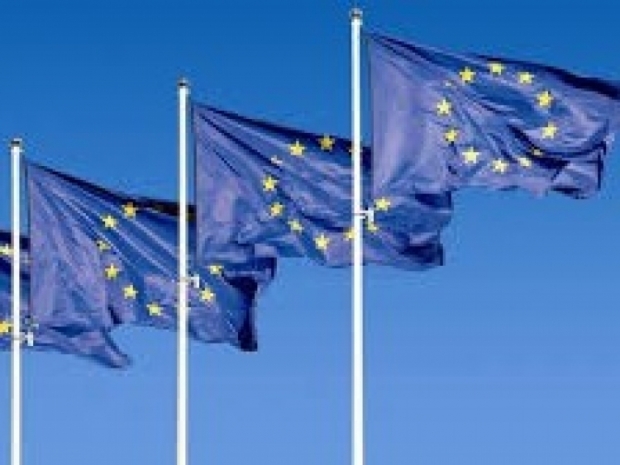EU regulators now want the company to pledge that it will not use that information to "further enhance its search advantage" and that it will grant third parties equal access to it, these people said.
Brussels said that a refusal by Google to comply with the new demands would probably result in a protracted investigation, adding that such a scenario could ultimately leave the EU at a disadvantage.
"It is like a poker game", one person told Ars Technica. "In a lengthy probe, the commission risks having fewer or no pledges and still having to clear the deal."
They added that the discussions over the acquisition were "intense," and there was no guarantee that any agreement between Brussels and Google would be reached.
However, it should not really have been that difficult. When Google said it was going to buy Fitbit, it promised it would not use Fitbit's health data to improve its own advertising.
But Brussels did not feel that the commitment was not sufficient to satisfy the EU's concerns nor, for that matter, those of US regulators also examining the deal Is it possible that none of the watchdog's consider Google is good at keeping its word?
Google declined to comment on the specifics of its latest discussions with the European Commission but pointed to an earlier statement saying, "Throughout this process we have been clear about our commitment not to use Fitbit health and wellness data for Google ads and our responsibility to provide people with choice and control with their data. Similar to our other products, with wearables, we will be transparent about the data we collect and why. And we do not sell personal information to anyone".




